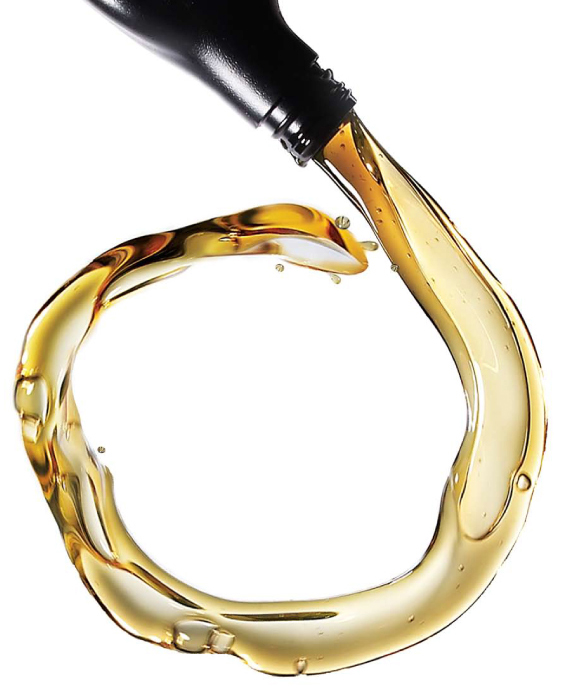We all hope to get the most out of our cars to retail the all-important resale value. By understanding some simple rules, including which car fluids you should keep an eye on, we can keep our cars in shape while pushing them to higher mileages. Though there are numerous reasons to read an owner’s manual, we know most owners seldom do. If you crack yours open only once, look into which of the below fluids is right for your vehicle.
Here are five car fluids that you should get right for the long-term health of your car.
Gasoline
When at the pumps, do you ever wonder which gas to put in the car? You might not want to spend the extra money if you don’t need to, but you don’t want to jeopardize how it runs over the years. Most cars run on 87 octane or “regular” gasoline, but many sports models require a higher octane. That will prevent pre-detonation or knocking, which can cause damage to the engine, so pay attention to your manufacturer’s recommended fuel grade.
Oil
The right oil is not what comes out of the big barrel – oil is no longer just oil. Yet, the variety of viscosities available on the market now can be quite overwhelming. There is no getting around it: the recommended weight oil needs to be put in the car. Modern cars adapt the performance of the engine based upon oil pressure. The wrong oil can make the car feel sluggish, lose power and lower fuel economy.
Coolant
Many car manufacturers have designed their own coolant based upon the metals used in the design of the engine and the requirements for heat reduction. Each tints its own coolant with separate colors, and although this may just look like tint to the layman, the important components of the coolant may be reduced or negated if the wrong coolant is added as a top off or a flush.
Transmission Fluids
Transmission fluid not only provides lubrication and heat reduction, but the fluid also controls the shifting of gears. Some newer fluids are designed to last the life of the car, while others need to be changed and topped off periodically. The wrong fluid might make the car shift harshly or slip before engaging the next gear.
Power Steering Fluid
Remember that power steering fluid is used to push and pull your steering system in order to reduce effort in turning the car. It also reduces heat and lubricates moving parts. Some fluids are based upon refined oil, while some others are mineral-based. There are also additives to the fluid to help with viscosity or heat reduction. The wrong fluid may change the way the steering feels and may also shorten the life of power steering components.
Reading through your owner’s manual would help you to keep up with these basic items. If yours is lost, check out your maintenance schedule here. You can also just find a good mechanic who is knowledgeable and can answer questions and provide the right stuff.

